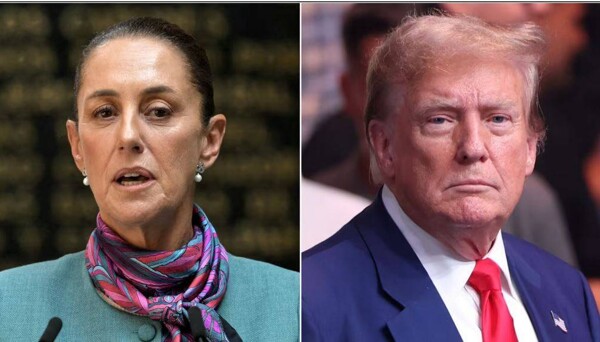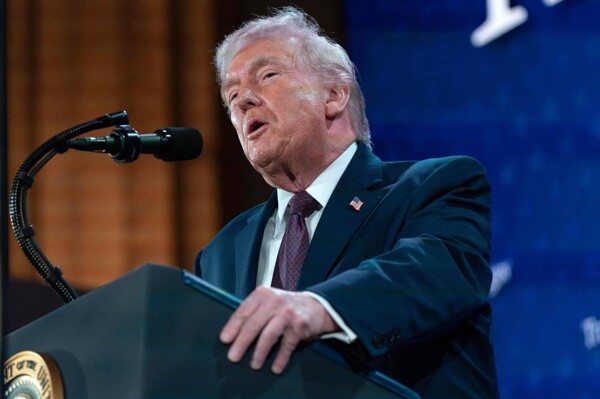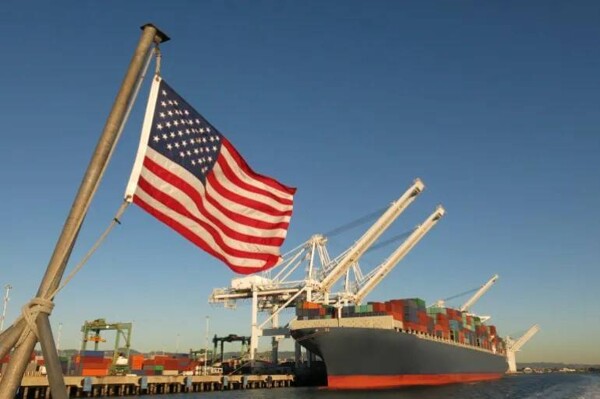
The red swan is not only a metaphor for the crisis but also for transformation. It represents a world where old certainties have collapsed and the future is built on volatility and concentrated power. The question is not whether new swans will emerge—black, green, or red—but how we will navigate this new reality. The answer will lie in the capacity for adaptation and in the search for a balance between control and freedom, between order and chaos. The red swan is already here, and its impact will depend on how global actors face this unprecedented challenge.
The red swan symbolizes the convergence of global crises—geopolitical, climatic, economic, and security—that generate uncertainty and redefine power. Today, the "red swan" emerges, a phenomenon that encapsulates the convergence of multiple interconnected crises: territorial wars, trade tensions, financial instability, climatic disasters, and the rise of organized crime. This red swan is not an isolated event but a web of factors that generate uncertainty and redefine the global order under a mantle of authoritarianism and control.
Wars, like the one in Ukraine, have destabilized entire regions and disrupted supply chains, exacerbating inflation and scarcity. Tensions between the United States and China have created a scenario of deglobalization, where the competition for technological and economic supremacy has become a struggle for global hegemony. Under the influence of figures like Donald Trump, the United States has intensified its rhetoric and actions to combat these groups, labeling them as "terrorists" and pressuring countries like Mexico to strengthen the fight against cartels. Although this pressure has generated tensions, it has also highlighted the need to address the structural roots of crime: poverty, inequality, and lack of opportunities.
The United States, under this approach, emerges as a key player in redefining global power. U.S. diplomacy, with Trump as a central figure, has adopted a disruptive style: aggressive negotiations, imposition of unilateral conditions, and a constant "check" strategy to keep its rivals off balance. It is not an isolated event but a new normal where control and authoritarianism present themselves as responses to chaos.
Then came the "green swan," linked to climatic risks. This approach seeks not to preserve the traditional liberal order but to impose a new paradigm of control and authority. The message is clear: in a world fractured by uncertainty, authoritarianism and centralized control present themselves as seemingly effective solutions. Its impact will depend on how the world balances stability with freedom amid volatility. This is compounded by climatic disasters, which are no longer a distant threat but a reality hitting with droughts, floods, and extreme phenomena, affecting agricultural production and social stability.
In this context, organized crime has found fertile ground. This strategy seeks not only to eradicate drug trafficking but also to impose a new order based on strong governance and bilateral cooperation. The metaphor of the "black swan," coined by Nassim Nicholas Taleb, has been key to understanding unpredictable events that shake global markets. However, this approach carries risks. Coercion and imposition can generate resistance, further fueling instability.














